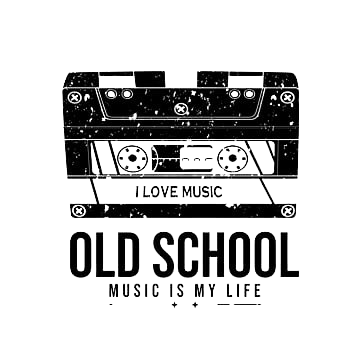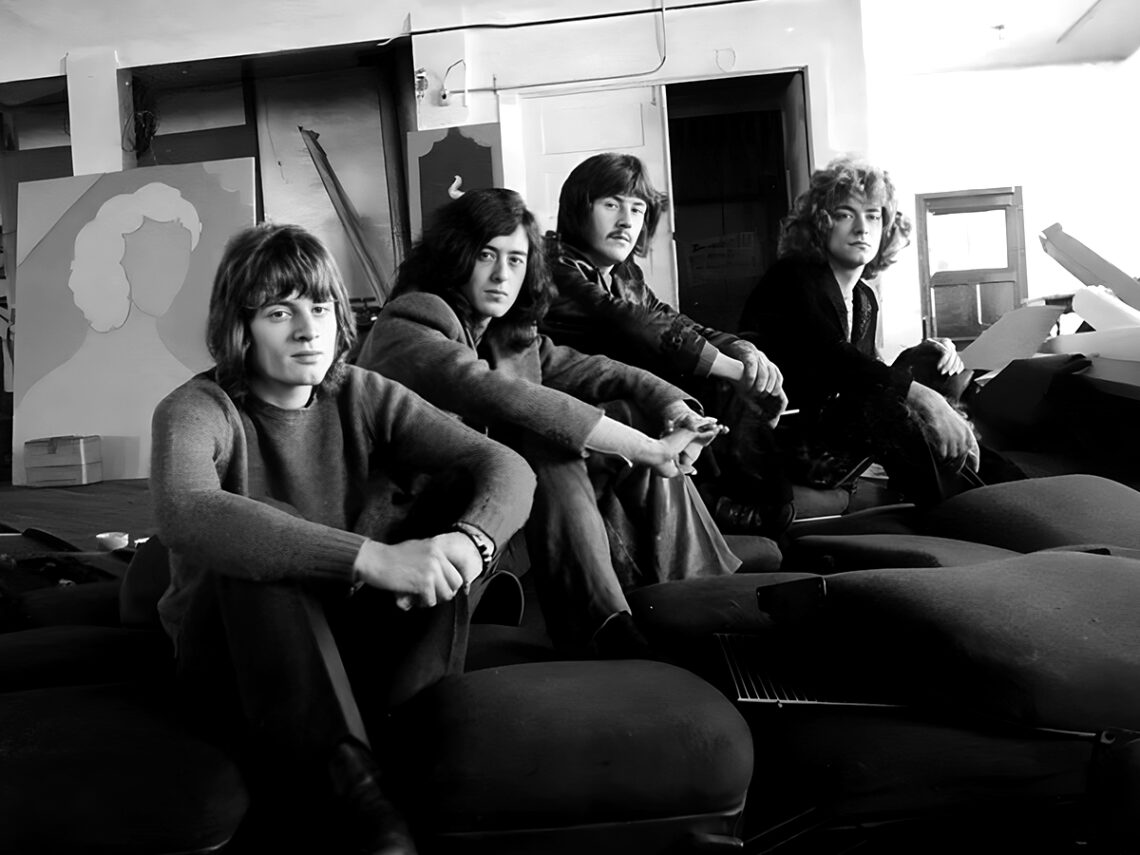Accusing rockstars of adopting Satanic messages is a tale as old as time. Since it came onto the scene as a mainstream force, many of the greats, including Led Zeppelin, have been accused of using their platforms to push messages and themes of the occult.
From Elvis Presley’s accusations of over-sexualisation to Iron Maiden’s Number Of The Beast, certain groups have always found a way to get angry. In fact, for the latter, some even went so far as to hold public record-burning rituals, and the band were banned from performing in Chile by the Catholic Church.
In recent years, some artists have intentionally incorporated satanic themes and lyrics into their music and image. Alice Cooper is just one example, a musician who adopts its messages from appearance right through to the art itself. Another is Ghost – a masked metal band formed in Sweden – which explicitly takes from Catholicism to criticise everything it stands for. Ghost creates a spectacle based on the Church’s iconography as a way of pulling apart its problematic tendencies, from creating cult followings to perpetuating insidious empires.
Even though this was a notion that concerned the public since rock entered mass consumption, the ‘Satanic Panic’ of the 1980s certainly catalysed the movement. This was the widespread belief and moral panic regarding the supposed proliferation of Satanic rituals, cults, and abuse. It was characterised by a fear that Satanism and occult practices were infiltrating various aspects of society, including popular culture, childcare centres, schools, and even religious institutions. Even though this touched every aspect of consumer culture, music played a huge part.
One element of this was the concept of ‘backmasking‘: the act of playing a song backwards to find hidden, sinister messages. Backmasking wasn’t necessarily taboo in and of itself – The Beatles’ John Lennon was said to have accidentally played some of their songs from Revolver backward while under the influence of marijuana. He enjoyed it so much that he took it to his fellow band members, and they went away and wrote ‘Rain’, the first Beatles song to contain a backmasked message.
Doing so takes conscious time and effort, though, and many that were accused of using backmasking as a way of promoting subconscious Satanic messages probably had no intention of doing so at all. Before the ‘Satanic Panic’, backmasking was mostly just a writing technique and a way of adding another layer of artistry to one’s work. When the panic was in full swing, though, it became an accusation.
Led Zeppelin released ‘Stairway to Heaven’ in 1971. The band wasn’t associated with the devil during these years, but a decade later, a minister claimed that the song included dark backmasked messages, including “master Satan” and “serve me”. A year later, an evangelist claimed that, when played backwards, its lyrics were: “Here’s to my sweet Satan / The one whose little path would make me sad, whose power is Satan / He will give those with him 666 / There was a little toolshed where he made us suffer, sad Satan.”
Of course, this was all just panic-fuelled speculation because not only were interpretations inconsistent, Robert Plant dismissed the whole thing as ridiculous. “Who on Earth would have ever thought of doing that?” Plant said in an interview with Rolling Stone. “You’ve got to have a lot of time on your hands to even consider that people would do that.”
Regardless, Led Zeppelin and many other bands that fell victim to the claim have been some of the most enduring and influential artists to emerge out of the rock scene, which just goes to show how far talent rises above widespread rumours.

